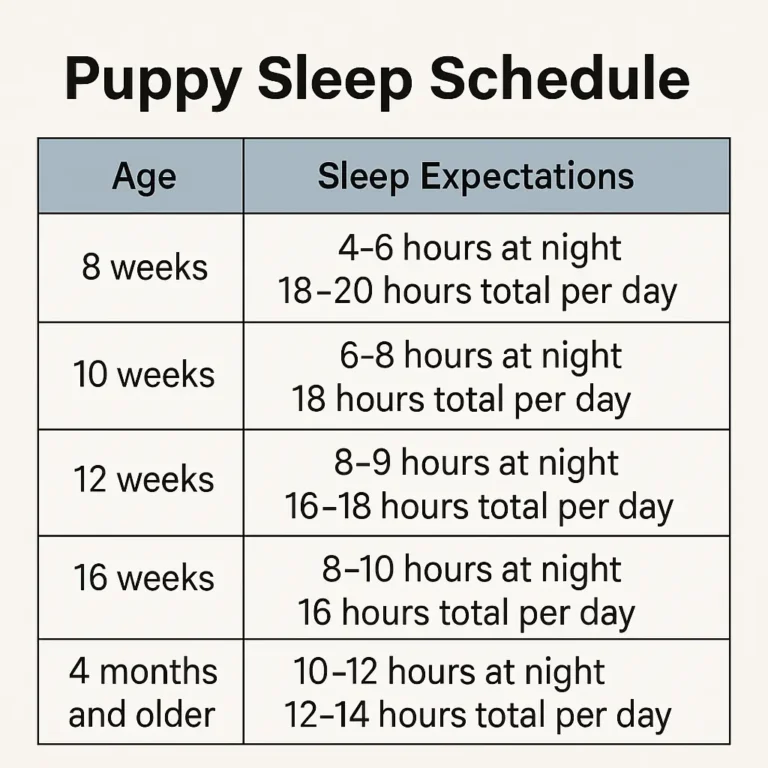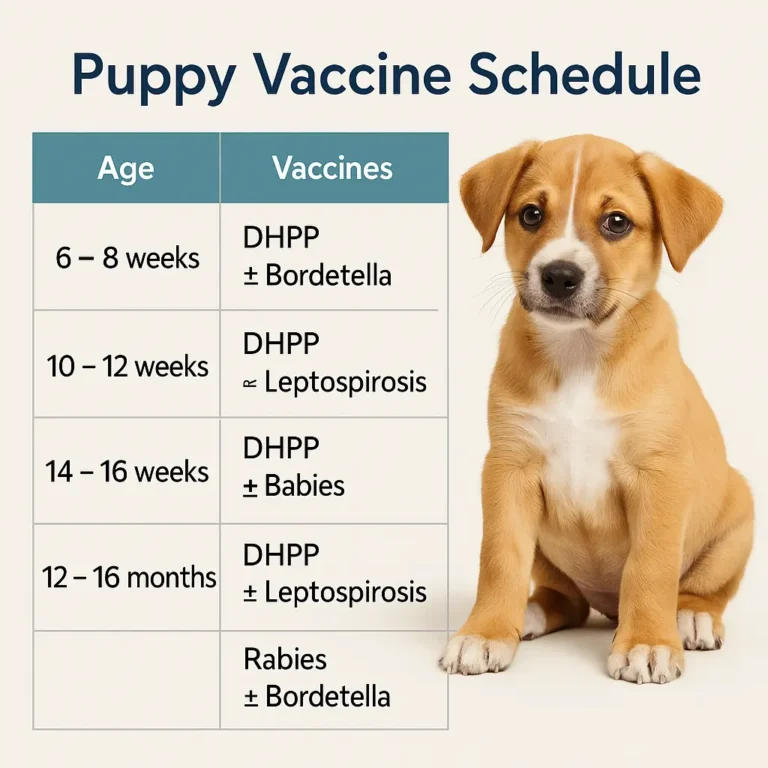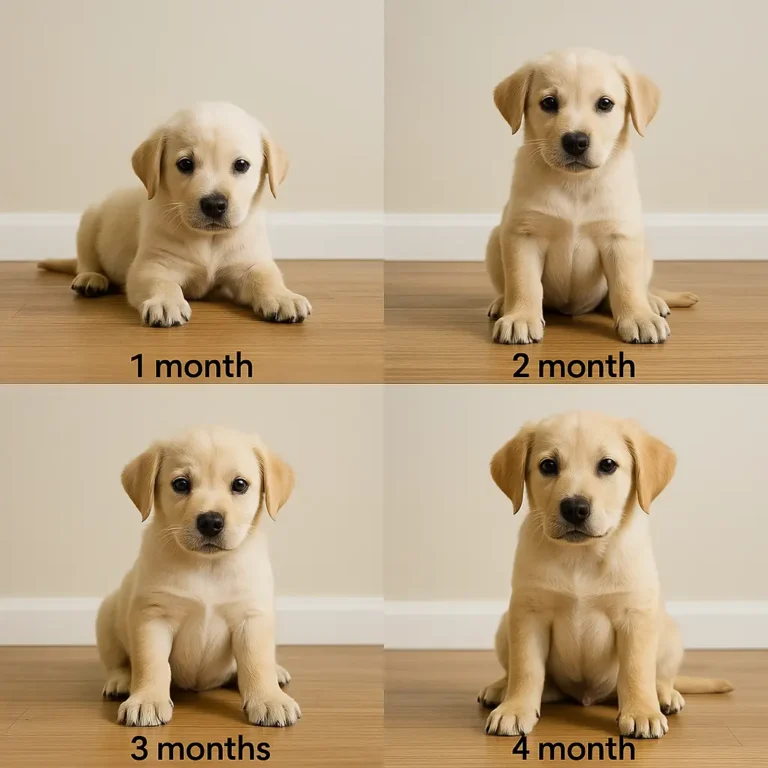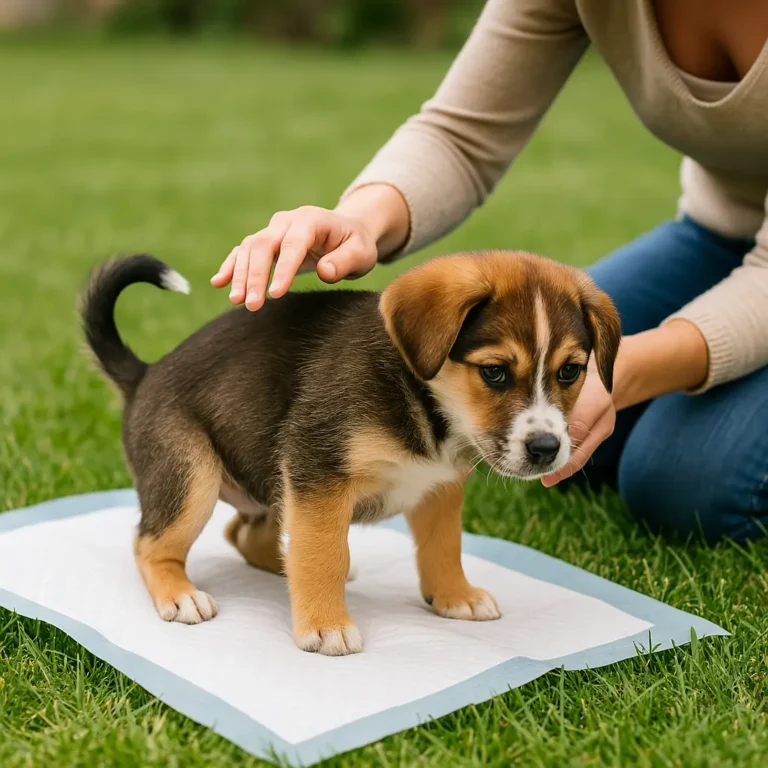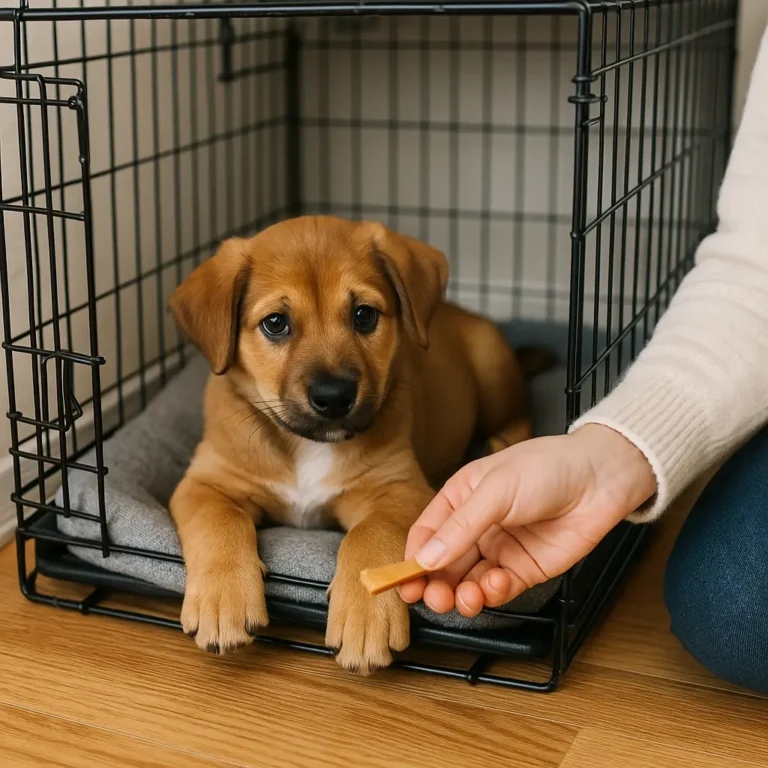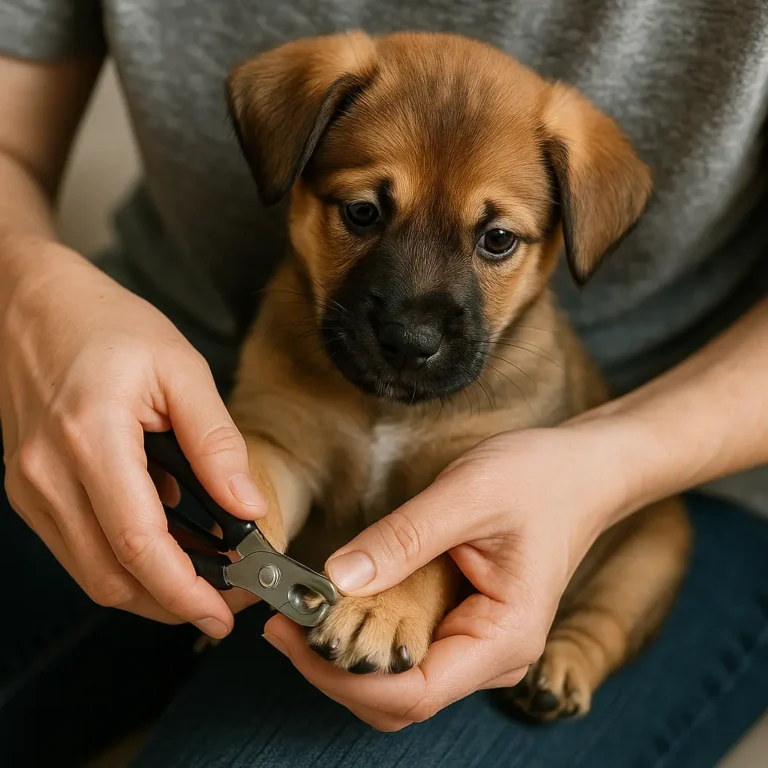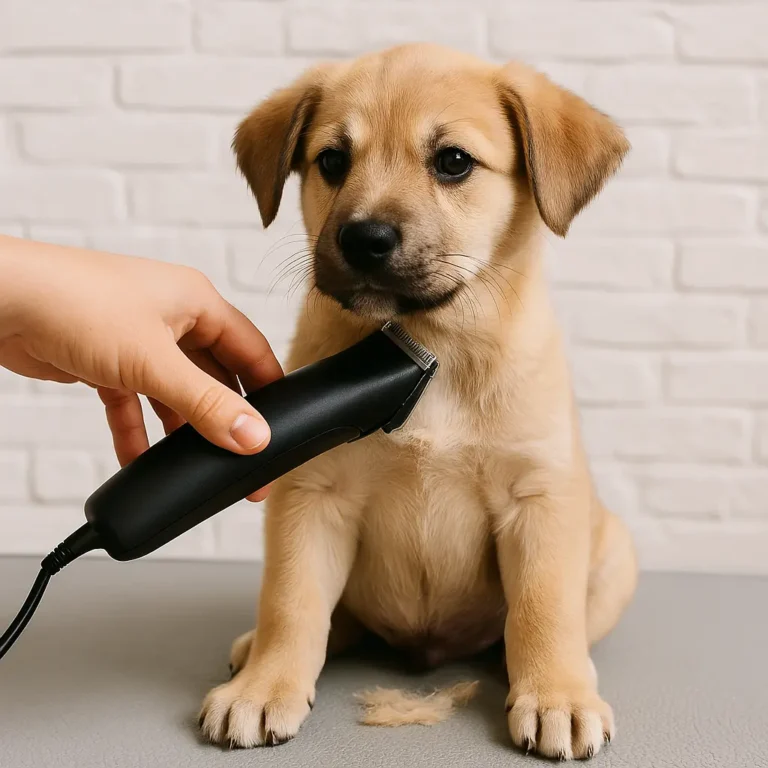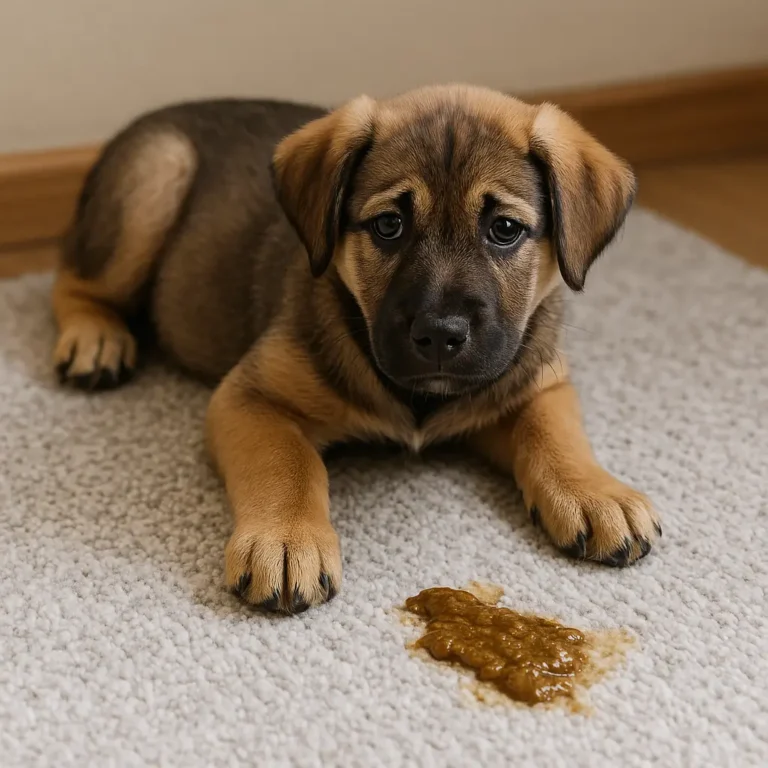Hunting Pointer Dogs
The Pointer Hunting Dog – A Skilled Tracker and Loyal
The Pointer hunting dog is a highly skilled and energetic Pointer breed, known for its exceptional ability to locate and point game birds. Bred for hunting, this dog possesses keen instincts, making it a favorite among hunters and outdoor enthusiasts. With a strong muscular build, sharp focus, and unwavering loyalty, the Pointer hunting dog is not just a great hunting companion but also a devoted pet.
This breed’s remarkable endurance allows it to cover vast terrains efficiently, tirelessly searching for prey. Pointer hunting dogs have an affectionate nature, making them suitable for families as well. Their high intelligence and trainability mean they respond well to commands, making training sessions enjoyable. Whether you’re a hunter or looking for a loyal pet, this breed’s versatile nature ensures it fits seamlessly into various lifestyles. This article delves into everything you need to know about Pointer hunting dogs.
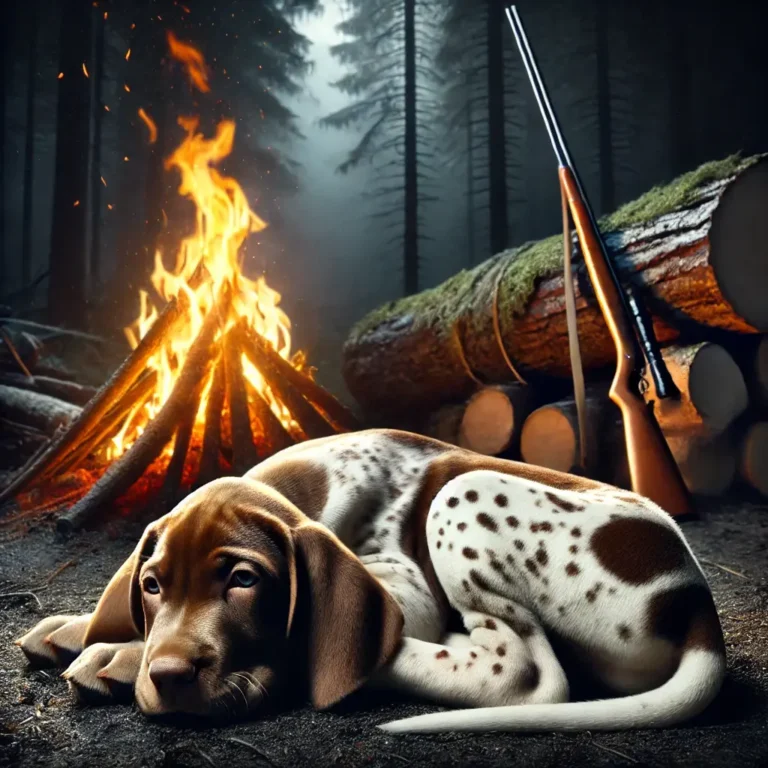
Pointer Hunting Dog Puppies – Full of Energy and Intelligence
A Pointer hunting dog puppy is an active, intelligent, and eager learner. These puppies are naturally inclined towards hunting, showing early signs of their tracking and pointing instincts. With proper socialization, they develop into well-mannered and disciplined companions.
Early training is crucial, as this breed requires mental and physical stimulation. They thrive in environments where they get plenty of exercise and interaction. Owners should start obedience training young to channel their energy effectively. A Pointer hunting puppy grows into a loyal and affectionate dog that loves being part of family activities, making them an excellent addition to any home.
Breed Traits
Pointer hunting dogs are known for their exceptional hunting instincts, high energy levels, intelligence, and keen sense of smell. They are highly trainable, affectionate with families, and require ample exercise to stay healthy.
The Pointer hunting dog has a lifespan of 12 to 15 years with proper care, a nutritious diet, and regular vet checkups. Active lifestyles and mental stimulation contribute to their long and healthy life.
Male Pointer hunting dogs typically stand between 22 to 28 inches, while females range from 20 to 26 inches in height. Their lean and athletic build contributes to their impressive hunting agility.
An adult Pointer hunting dog weighs between 45 to 75 pounds, depending on gender and genetics. Maintaining an ideal weight through exercise and a balanced diet ensures their overall well-being and hunting capabilities.
These dogs thrive in spacious environments with ample room to run. They do best in homes with large yards, farms, or countryside settings. Active families or hunters provide the best lifestyle for this breed.
Breed Characteristics
Pointer hunting dogs have a sleek, muscular body, a strong prey drive, and endless stamina. Their alertness, loyalty, and agility make them ideal for hunting, sporting activities, and families seeking an intelligent companion.
Yes! They are gentle, affectionate, and protective with their families. Their social nature allows them to bond well with children and other pets, making them great family dogs when given enough exercise.
With a muscular build, long legs, deep chest, and expressive eyes, the Pointer hunting dog has an athletic and elegant physique, built for endurance, speed, and agility in the field.
They are social dogs who enjoy companionship and interaction. Early socialization helps them adapt to new people and pets. They thrive in homes with engaging activities and regular training sessions.
This breed is friendly, intelligent, and highly energetic. They are loyal, affectionate, and eager to please, making them trainable and obedient when given structured routines and proper guidance from their owners.
How to Train a Pointer Hunting Dog for Success
Training a Pointer hunting dog requires consistency, patience, and positive reinforcement. These dogs are highly intelligent and respond well to commands. Start with basic obedience training before introducing them to hunting drills.
Use reward-based training to encourage good behavior. Since they are naturally inclined toward hunting, teaching them retrieval and pointing commands is essential. Regular training sessions help prevent boredom and destructive behavior. Socialization from an early age ensures they become well-mannered pets. With the right training, they excel in hunting, agility sports, and companionship roles. Their eager-to-please attitude makes them one of the best hunting breeds.
Pointer Hunting Dog History & Facts
The Pointer hunting dog has a long history tracing back to the 17th century in England. Bred as a gun dog, this breed was developed to locate and indicate the presence of game birds.
Originally, Pointers were crossbred with breeds like Greyhounds, Bloodhounds, and Foxhounds to enhance their speed, scent-tracking ability, and endurance. Over time, they became a favorite among hunters due to their efficiency in the field. Today, they are valued not just as hunting dogs but also as family companions, participating in dog sports and excelling in search-and-rescue missions due to their intelligence and obedience.
With a lightweight build and long legs, they can sprint across fields, covering large areas efficiently. Their stamina and agility make them one of the best hunting dog breeds.
The moment they detect prey, they freeze and point in its direction, lifting one front paw. This instinctive behavior helps hunters locate game with incredible precision.
Their short, sleek coat repels water, making them well-suited for retrieving game in wet or marshy environments. They require minimal grooming due to their natural cleanliness.
Whether in a hunting field, an agility competition, or a family home, Pointers can easily adapt to different environments as long as they get enough mental and physical exercise.
Despite being a hunting breed, they are affectionate, loving, and gentle. They bond deeply with their families, making them loyal companions both in the field and at home.
Pointer Dog Popular Mix Breeds
Many Pointer dog mixes combine the breed’s intelligence, agility, and tracking instincts with other well-known breeds. Some popular Pointer mixed breeds include:
- Labrador Pointer Mix – A highly active and friendly dog, perfect for hunting and family life.
- German Shorthaired Pointer Mix – A versatile hunter with keen instincts and boundless energy.
- Pointer Pitbull Mix – Combines the Pointer’s agility with the Pitbull’s strength, creating a loyal and powerful dog.
- Pointer Beagle Mix – An intelligent and affectionate mix, great for tracking small game.
Each mix retains the Pointer’s athleticism, intelligence, and hunting prowess, making them excellent companions for active owners.
🥩 Hunting Pointer Dog Diet: What Should They Eat?
The Hunting Pointer Dog thrives on a protein-rich, nutrient-dense diet to support its high energy levels and athletic performance. High-quality proteins such as chicken, turkey, fish, and beef help maintain muscle strength, while brown rice and sweet potatoes provide sustained energy. Omega-3 and Omega-6 fatty acids from flaxseeds and fish oil promote joint health and coat shine. Fresh vegetables and fruits like blueberries, carrots, and spinach support digestion and immunity. Avoid artificial fillers, preservatives, and excessive grains. Feeding premium kibble, raw food, or a mix of both ensures optimal health. Always provide fresh water, adjusting portions based on weight, age, and activity level.
🐶 Pointer Hunting Dog Behavior: Energetic and Focused
The Pointer Hunting Dog is intelligent, highly focused, and extremely energetic. Bred for hunting and retrieving, they excel in tracking and pointing at game. Their strong instincts make them highly trainable and responsive to commands. They are loyal to their handlers and require daily exercise and mental stimulation to stay happy.
Alertness
Protectiveness
Prey drive
Aggressiveness
Barking level
Trainability
Mental stimulation needs
Intelligence
🐕 Popular Hunting Dog Cross Breeds You Should Know
The Pointer Hunting Dog is often crossed with other breeds to enhance its hunting and retrieving skills. Popular Hunting Dog Cross Breeds include:
- Hunting Pointer Lab Mix – A high-energy retriever with excellent tracking skills.
- Hunting Pointer Beagle Mix – A scent-driven, compact hunting dog.
- Hunting Pointer Setter Mix – A fast, bird-hunting specialist.
- Hunting Pointer Shepherd Mix – A strong and intelligent working and tracking dog.
These mixes retain the sharp hunting instincts, intelligence, and agility of the Hunting Pointer Dog, making them perfect for outdoor enthusiasts and field sports.
🛁 Grooming Guide for a Hunting Pointer Dog: Keep Their Coat Healthy!
The Hunting Pointer Dog has a short, sleek coat that requires minimal grooming. Brushing 2-3 times a week helps remove loose fur and maintain coat health. Bathing should be done once a month using a hypoallergenic shampoo to prevent skin irritation. Regular ear cleaning prevents infections, while nail trimming every two weeks ensures comfort. This breed sheds moderately, making consistent brushing essential. Professional grooming every few months helps keep their coat well-maintained. Brushing their teeth daily prevents dental issues and ensures fresh breath, promoting overall hygiene and long-term health.
Physical Attributes: What Makes the Hunting Pointer Dog Unique?
The Hunting Pointer Dog is a medium to large-sized breed built for agility, endurance, and speed. They have a sleek, muscular frame, long legs, and a deep chest. Their broad nose enhances scent detection, while their floppy ears and expressive eyes give them an alert and intelligent appearance.
Breed Size
Colours
Coat
Drooling
Snoring
Exercise Needs
Grooming Needs
Aggressiveness
What Are the Common Health Concerns in a Hunting Pointer Dog?
The Hunting Pointer Dog is generally a healthy and resilient breed, but they may develop hip dysplasia, bloat, progressive retinal atrophy (PRA), and ear infections. Their lifespan ranges from 12-14 years, and regular vet checkups, a balanced diet, and joint care help maintain their overall well-being. Due to their deep chest, they are prone to bloat (gastric torsion), so feeding them smaller, frequent meals is recommended. Their floppy ears require regular cleaning to prevent moisture buildup and infections. Maintaining an active lifestyle, proper diet, and structured training ensures a healthy Hunting Pointer Dog.
The Hunting Pointer Dog – A Medium to Large Sporting Dog
The Hunting Pointer Dog falls into the medium to large breed category, weighing 45-75 pounds and standing 22-28 inches tall. Their athletic frame, endurance, and agility make them ideal for sporting activities, hunting, and outdoor adventures. They require ample space and regular exercise to stay healthy and happy. Their loyal nature and high intelligence make them excellent family companions and working dogs. While they can adapt to urban living with adequate exercise, they thrive best in homes with yards or access to open spaces.
Hunting Pointer Dog faq
Is the Hunting Pointer Dog hypoallergenic?
Do Hunting Pointer Dogs bark a lot?
How much exercise does a Hunting Pointer Dog need?
Are Hunting Pointer Dogs good with kids?
What is the lifespan of a Hunting Pointer Dog?
Are Hunting Pointer Dogs easy to train?
Do Hunting Pointer Dogs need professional grooming?
Can a Hunting Pointer Dog live in an apartment?
A Day in the Life of a Hunting Pointer Dog
A Hunting Pointer Dog starts their day with an early morning jog or hunting session, followed by obedience training or interactive games. They thrive on physical and mental challenges and love activities like retrieving, tracking, and agility courses. Throughout the day, they need engagement and social interaction to stay happy. In the evening, they enjoy family time, training reinforcement, or simply relaxing indoors. Their playful nature and affectionate temperament make them wonderful companions for active owners and families.
The Hunting Pointer Dog is an energetic, intelligent, and affectionate breed, ideal for families, hunters, and active individuals. They require consistent training, daily exercise, and social interaction. Their friendly and loyal temperament makes them great companions and sporting dogs. If you’re looking for a hardworking, trainable, and loving pet, the Hunting Pointer Dog is an excellent choice.

